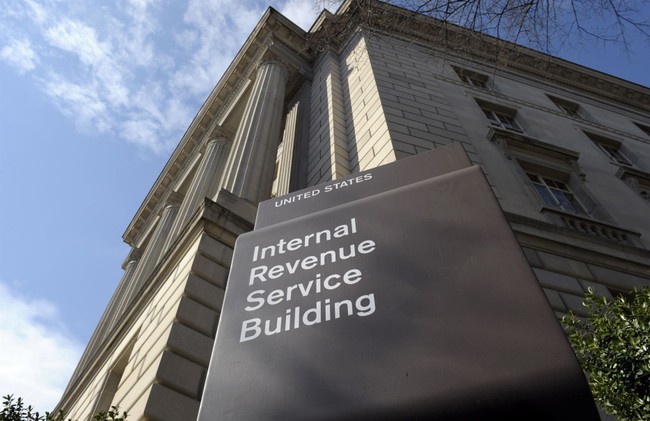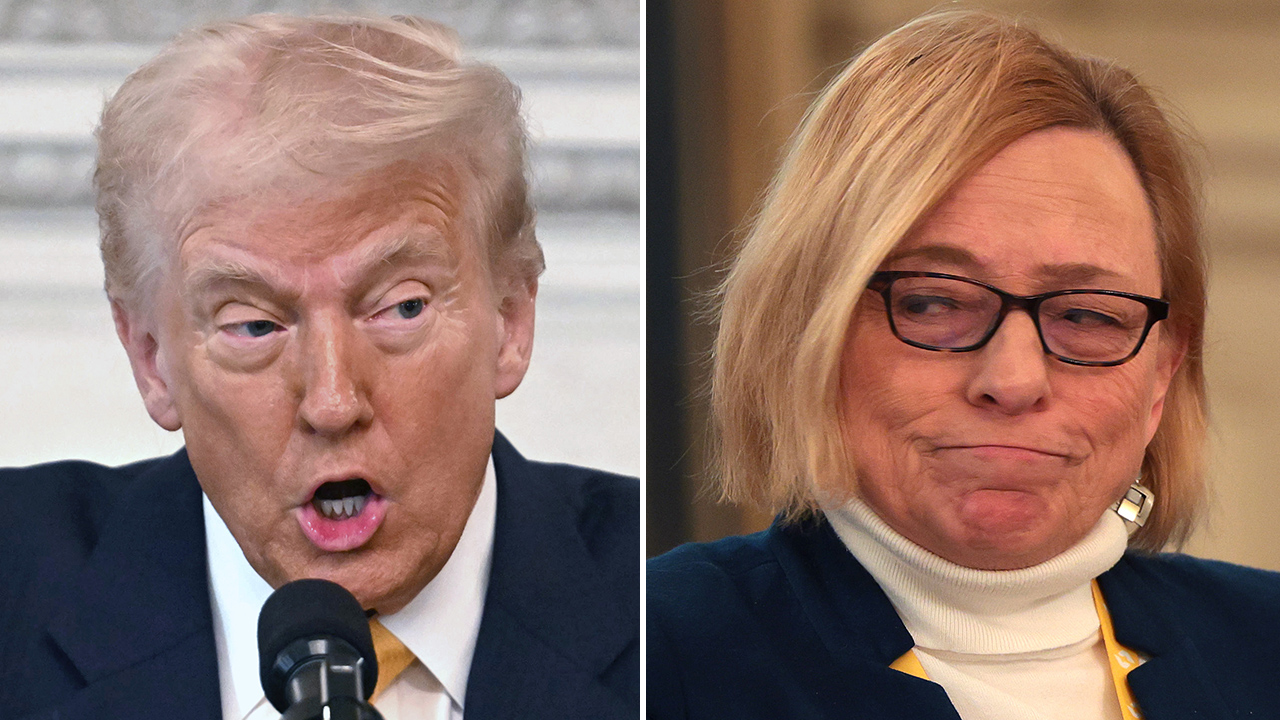The Department of Finance green-lit disgraced consultancy PwC to continue making millions from taxpayers just days before the Senate inquiry into consultancies delivered its highly damning findings into the tax leaks scandal.
The Senate inquiry, the committee of which comprised members of all major Australian political parties, conducted a year-long investigation involving 10 public hearings, testimony from more than 100 witnesses, and thousands of pages of submissions.
It handed down its highly anticipated findings, as scheduled, on March 27. Titled “PwC: The Cover-up Worsens the Crime”, the detailed report found PwC had failed to “genuinely change”, was engaged in an ongoing “cover-up”, and made “no genuine effort to fully investigate and address the issues”.
As exclusively revealed by The Klaxon and Crikey, Finance quietly published a surprise “procurement policy note” on April 30. It not only paves the way for the federal government to again give PwC Australia contracts — as soon as December — but it approved PwC arm “PwC’s Indigenous Consulting” (PIC) to be given federal contracts immediately.
“Finance has … concluded a review into PwC Indigenous and found that it was appropriate for the Commonwealth to continue engaging with PwC Indigenous,” it states.
No information beyond that sentence is provided, such as who conducted the “review”, how long it took, or what specifically it looked at or found. Finance is refusing to comment.
It can now be revealed Finance not only “finalised” this secretive PIC “review” before the Senate inquiry released its highly anticipated March 27 report, but almost immediately before. On March 26, in response to a series of questions, an unnamed Finance spokesperson told The Klaxon a review into PIC had been conducted and it had been finalised in March.
Finance refused to say which day in March it had finalised the review, or why the department had finalised it directly before March 27, when the Senate inquiry was to make public the findings of its year-long, highly detailed investigation into PwC.
That the Senate’s report was likely to be critical of PwC was no secret. PwC has drawn fierce rebuke for its lack of cooperation, including by refusing to hand over a report PwC paid international law firm Linklaters to conduct into the tax leaks scandal.
On February 9, inquiry chair Liberal Senator Richard Colbeck said if PwC continued to refuse to hand over the Linklaters report “it ain’t going to be pretty”.
“It’s not just an opinion from three or four people sitting around a table,” Colbeck told PwC Australia CEO Kevin Burrowes at the public hearing. “This will be a document that will be endorsed by the Parliament of this country.”
“Can I tell you, if we don’t see the report, it ain’t going to be pretty,” Colbeck said.
The Senate inquiry has still not been given a copy of the Linklaters report.
Finance’s secretive and unexplained move is a substantial win for PwC’s partners.
Finance secretary Jenny Wilkinson refused to explain why the department had given PwC’s Indigenous Consulting the green light just days before the Senate report into PwC.
Wilkinson refused to comment when asked whether she had approved the decision, and, if not, whether she considered it appropriate for the Commonwealth to continue engaging with PIC.
Last financial year Wilkson received a taxpayer salary of $765,916.
The Senate inquiry report states: “PwC have still made no genuine effort to fully investigate and address the issues”.
“The committee does not see how PwC can recover their reputation while it continues to cover up.”
“Indeed, the cover-up worsens the crime”.
In January last year, it was revealed PwC took confidential federal tax policy information obtained while providing “advice” on stopping multinationals from avoiding Australian tax, and provided it to multinational clients to assist them avoid Australian tax.
On May 19 last year, Finance released what was reported as an “effective ban” on PwC being given federal contracts. PwC subsequently “divested its government business” of 1,400 PwC partners and staff, selling it for the nominal sum of $1 to private equity group Allegro, which rebranded the business Scyne Advisory.
That deal was finalised in November, and it was widely considered PwC would no longer be given federal contracts.
PIC was founded by former PwC Australia CEO Luke Sayers, who was in the role from 2012 to 2020 and so for the entire tax leaks affair.
As previously revealed, PIC — which has been given more than $44 million in federal contracts, including a record $13.78 million in 2022 alone — is owned by PwC Australia (the biggest stake) and just two individuals, both First Nations, who own 51% between them. They are former Sydney financial adviser Gavin Brown and former public servant Selwyn Button.
That structure means PwC can access “limited tender” federal contracts intended for small Indigenous businesses (which require at least 51% Indigenous ownership). PwC Australia owns the biggest stake (49%); Brown owns 35% (via his company Validus Private Wealth) and Button owns 16%.
PwC Australia, Brown and Button all refused to respond to requests for comment.
While providing no evidence, PwC — and now Finance — has claimed PIC is “separate” from PwC. That’s despite its name (“PwC’s Indigenous Consulting”), the fact it is based inside PwC Australia’s headquarters, that it shares PwC Australia’s website, and that its directors include PwC Australia partners.
The department’s move is already delivering PwC dividends, with PIC having been given two new federal contracts totalling $711,544.
All on the same day last week, April 30, there were three other highly significant developments in the PwC saga.
First, federal procurement portal AusTender was updated to show the two new contracts to PIC. Second, the department quietly posted online its PwC “procurement policy note” (green-lighting PIC). And third, the federal lobbyist register was updated to show PwC had engaged a political lobbying firm run by two former senior ALP staffers.
Brookline Consulting is run by Lidija Ivanovski, former chief of staff to Labor deputy leader and current deputy prime minister Richard Marles; and Gerard Richardson, who until last year was communications director to federal Treasurer Jim Chalmers.
Finance is now in charge of the federal government’s response to the PwC tax leaks affair, last week’s procurement policy note states.
To “ensure a coordinated and efficient approach”, Finance has “taken responsibility for managing the Commonwealth’s response” and “forming a whole of government view” on “PwC Australia’s ethical soundness”, it states.
On March 19 last year, the department issued a “procurement policy note” widely reported as an “effective ban” on PwC, although it does not name PwC.
Last week’s note states for the first time that there is a PwC ban, although it is in the form of Finance and PwC Australia signing a “mutual agreement” that PwC Australia will not bid for any new Commonwealth work until at least December 1, 2024.
Finance does not state why any “agreement” with PwC was needed, why it was only now naming PwC for the first time — given the scandal broke over a year ago — or why it was only naming PwC in the context of again allowing it to be given federal contracts.




















Discussion about this post